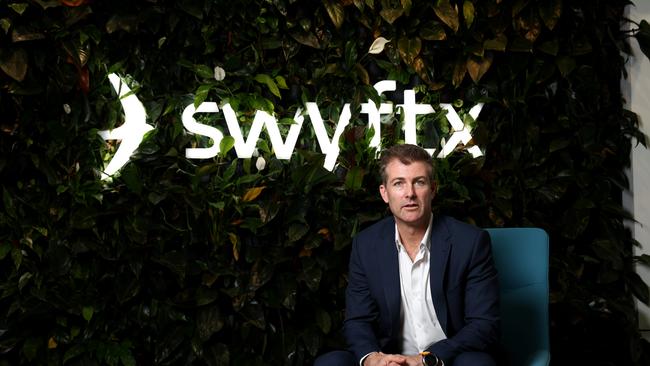Crypto companies cautious on ASIC’s regulation plans
ASIC’s proposal to require crypto companies to apply for a financial services licence or face a please-explain has seen crypto leaders strike a wary tone.

Crypto figures are warning looming regulation of the sector would impose the need to consolidate, with the industry striking a cautious tone as the corporate regulator showed its plans on Wednesday.
Unveiling its new rules for cryptocurrency products, the Australian Securities & Investments Commission revealed a new proposed suite of regulations for companies operating in the space.
This would require companies to apply for an Australian Financial Services Licence, offering those operators a grace period from any enforcement action while they applied.
While companies which refused to apply would face a call from ASIC to explain why, operators did not feel they should face existing financial regulations.
ASIC is now fielding feedback on the proposed rules, expected to be finalised by mid-2025.
Australian crypto operator Swyftx backed the move to “stay in dialogue with the industry” and the AFSL proposal.
Swyftx chief executive Jason Titman said the company would review ASIC’s guidance in the coming weeks “and continue to engage with politicians and regulators to try and bring more clarity”.
This comes as the Albanese government has not yet presented its plans to legislate in the crypto sector, despite flagging new laws in October last year.
Mr Titman has previously warned the sector was waiting to see the direction of regulation and legislation in the crypto space.
“It is important to say that the broad direction of travel for crypto regulation in Australia seems to be improving,” he said.
“We’ve seen a kind of ‘glasnost’ in our conversations with senior politicians over the last few months.”
Mr Titman said there was a “general acceptance that a sensibly regulated blockchain industry can support productivity and innovation”.
But, Mr Titman warned ASIC’s guidance, which imposes a suite of new obligations on the sector, including requiring the issuing of audited prospectus and regulating exchanges akin to other financial markets, would have “far reaching implications”.
“We’re not aware of any other countries that regulate exchanges as bourses. Rightly or wrongly, Australia is going it alone,” he said.
“Scale is going to matter and I’d expect to see a wave of industry consolidation.”
Treasurer Jim Chalmers said the government “takes the crypto industry seriously, and we know that blockchain and digital assets present big opportunities for our economy, our financial sector and innovation”.
Flagging the government’s approach, Dr Chalmers said “getting the balance right on the regulation of digital assets is part of building a dynamic and competitive economy”.
“We’re closely watching developments around the world,” he said.
“We know millions of Australians are using or investing in digital assets every year and we want to make sure they can do that as safely and securely as they can while also encouraging innovation.”

Binance head of regional markets Vishal Sacheendran said the company “welcomes the ongoing dialogue around regulatory clarity in Australia”.
Binance, which handed back its AFSL in April last year, has been chastened after facing regulatory attention in multiple countries over its operations.
Mr Sacheendran said the sector needed “clear and proportionate regulation”, but warned regulators had to strike a balance to foster “innovation while ensuring consumer protection and market integrity”.
“However, we also recognise the apprehension within the industry regarding how these updates might impact businesses and innovation,” he said.
“It is critical that Australia strikes the right balance — providing robust regulatory frameworks that align with international best practices without stifling the immense opportunities the digital economy offers.”
Amy-Rose Goodey, boss of the Digital Economy Council of Australia, a peak body for the crypto industry, said ASIC’s AFSL proposal “hasn’t been the industry’s big concern”.
“The uncertainty related to the implementation is,” she said.
“The scope of the regulatory perimeter, the obligations associated with the capture of custodial, wallet and service providers will be closely scrutinised to determine the workability of the view offered by ASIC about the suitability of current laws.”





